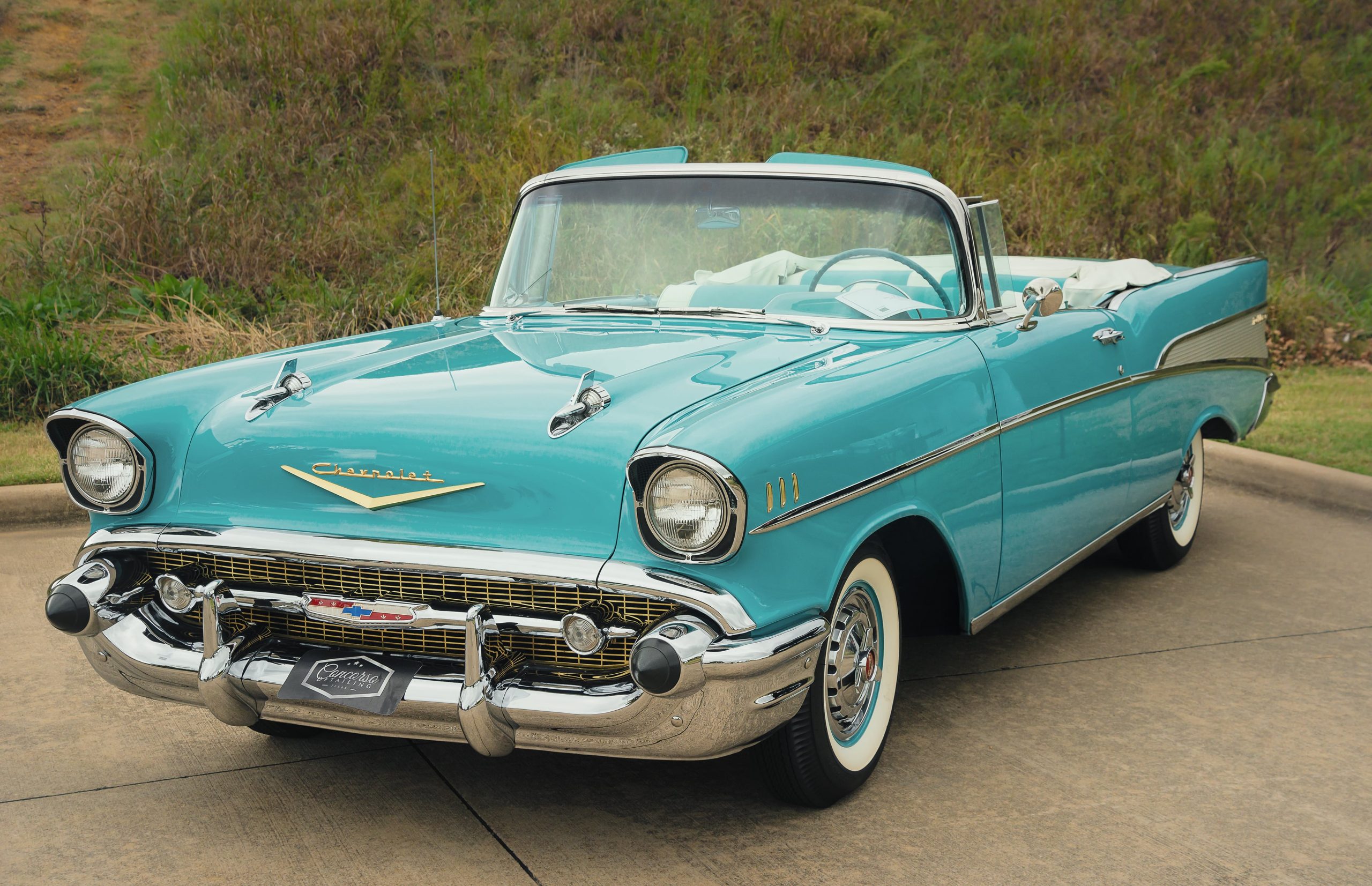
If you have a classic car, chances are you’ve invested a good amount of time and money into its appearance, performance, and maintenance. And you definitely want to protect that investment. Having the right insurance for your vehicle is one of the best ways to do that. Let’s take a look at what coverage for classic cars entails.
Classic Versus Vintage Auto
Did you know there is a difference in what is considered a classic versus a vintage car? In order to qualify as vintage, a vehicle must be at least 25 years old. However, it can still be considered classic if it’s 15 years old or older and is a limited edition, rare find, or has high market value.
The “Need to Know” for Insuring Classic Cars
When you insure a classic car with most insurers, there are some key factors you’ll want to know about your coverage:
Agreed Value: Most classic cars are worth more than the average vehicle. This is taken into account when finding coverage, but in the case of your classic or vintage car, there may be other circumstances that make your vehicle even more valuable than its counterparts. Special modifications, unique history, clean title – these all can matter. That is why “agreed value” is such an important part of these coverages. You and the insurer agree on a value of the vehicle for which the coverage is then based.
Usage of the Car: How you use your classic car will affect how it’s insured. For example, if you only drive it to car shows, you’ll most likely have a different policy than if you drove it as your daily driver. Some insurers have mileage limits, potentially as low as 2,000 miles per year. Make sure your use matches up with any limit or look for a policy without that limit.
Increased Replacement Cost: Some insurers allow for greater replacement cost coverage in cases where value or cost of replacement parts has increased beyond the agreed value of the policy.
No “Attendance Required”: If you frequently display your vehicle at car shows, there may be times where you are not monitoring people around your car. If an incident occurs during one of these times and your vehicle is damaged, have “no attendance required” coverage may allow you to be reimbursed for your claim.
Spare Parts Coverage: If you have specialty tires, extra engine parts, etc. for your classic car, some policies extend coverage to these parts. If damage or theft occurs, you may have coverage under these policies.
When you’re insuring a classic car, it’s important to take all of these factors into account. These vehicles often have special meaning to their owners that goes beyond their value. Contact Brandon Patterson at 865.453.1414 or email brandon@ownbyinsurance.com and make sure that your classic is protected as much as possible.